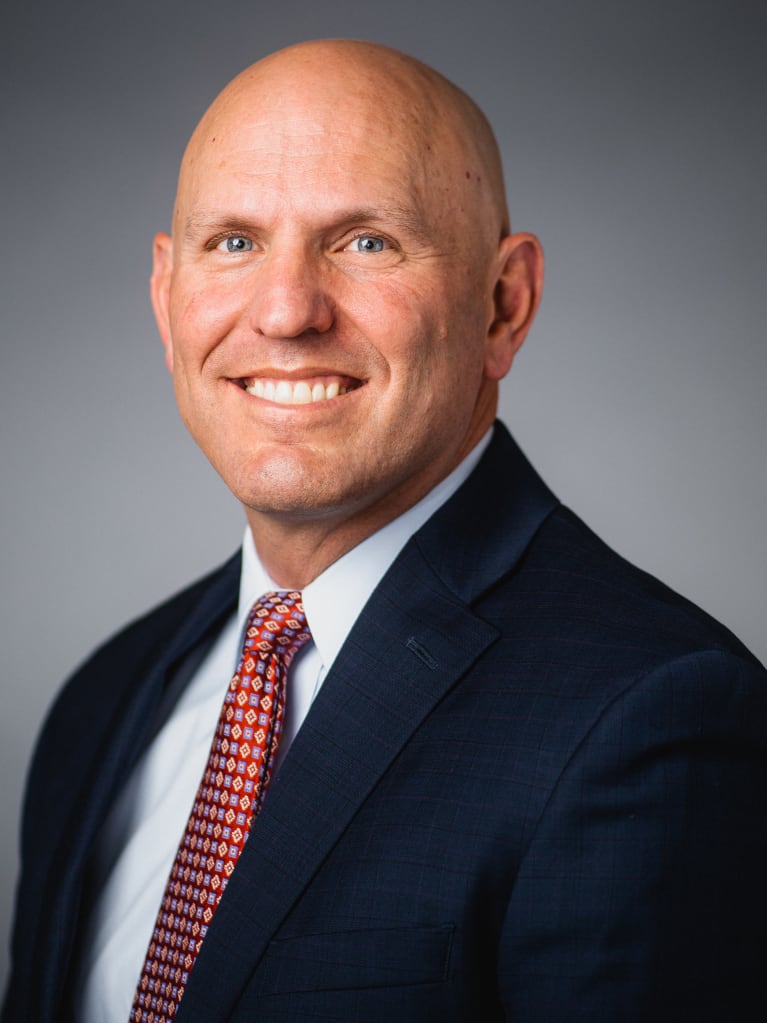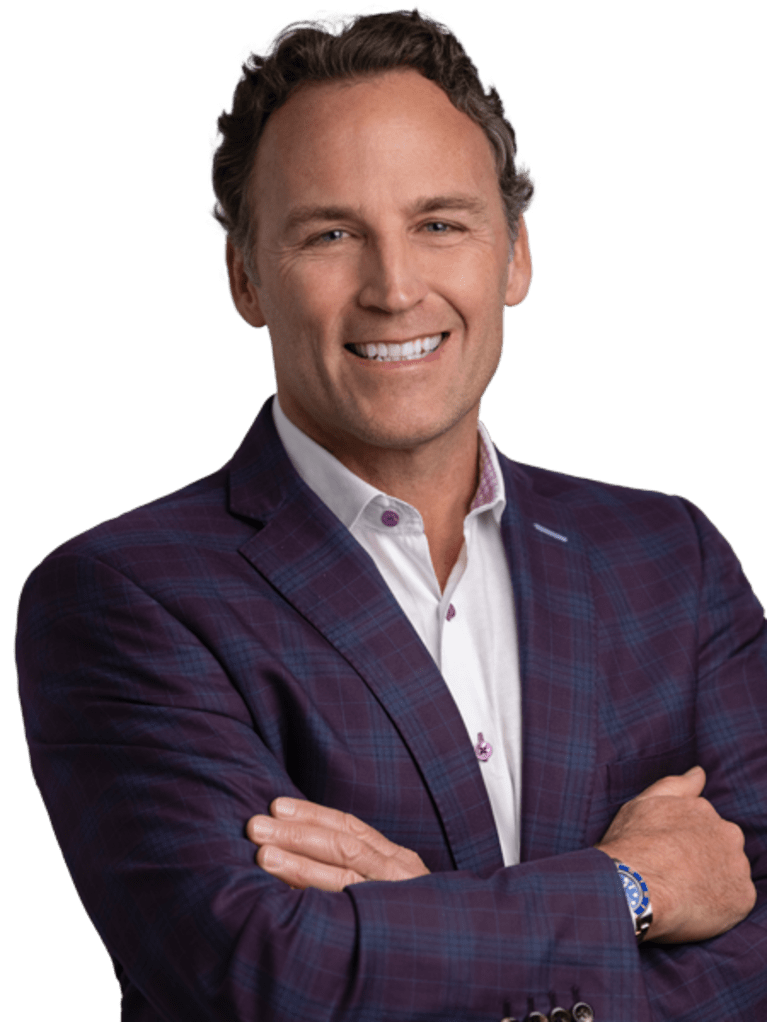
?Trent Savage figures the best HR legacy he can leave before he retires is to help make the profession less about hiring and firing and more about enabling employees to do great work.
That’s the legacy the 50-year-old CHRO is actively working to build at Mountain American Credit Union in Aline, Utah. He’s doing it by trying to make HR less transactional, such as by encouraging the use of new technologies to handle minor tasks so that his HR staff can focus on more substantive issues. He’s also working to build stronger department leadership and free up HR executives to engage at a more strategic level.
“I’m passionate about raising the bar of HR,” he said.
Before we die, many of us put serious thought into the legacy we leave behind for our family, friends and former colleagues. But what about before retiring as an HR executive? How many of us think about—or even plan for—our workplace legacy?
Retirement preparation involves more than financial planning and figuring how to positively fill in the hours after you retire. It also means actively planning how to leave the HR profession—at least within your own company—in a better place than it was when you started.
That planning typically includes training the next generation of employees who will replace you. It’s especially beneficial if that planning comes earlier in your career, but with extra effort, you can still pull it off during your later years, according to senior executives who have been in the same situation.
“Legacy answers the question: Why am I here?,” said Marshall Goldsmith, a New York Times best-selling author based in Nashville who is widely regarded as one the world’s top executive coaches.
Few things are more cosmically important than leaving a legacy, said Goldsmith, a fellow at the National Academy of Human Resources. And, yes, there is an almost Zen-like quality to it.
“In HR in particular, the whole mission should be: How can I continue to make a difference when I’m no longer at this company?” he asked. The key is to not wait. “You do it every day by making a difference in someone’s life in a way that will ultimately help them to help other people.”
Leaving a legacy, he explained, is about moving far beyond short-term achievement and results and, instead, taking the time near the end of each workday to ask yourself: “How did I choose to spend my time today, and how meaningful was that?”
Trent Savage said he has adopted that approach, and it’s been very effective. “Too often, HR teams get mired down in process, policy and transactional work that doesn’t add value,” he said. “We need to change that viewpoint.”
That’s one reason Savage has built out a 10-year leadership strategy by identifying and rewarding strong leadership behaviors, including coaching and development, at Mountain America, which boasts more than 2,200 employees and 1.1 million members.
“We’ve developed and established a clear leadership model that defines what great leaders are. A lot of organizations say they want to do this but never put in the effort,” he explained, adding that the leadership model includes an embrace of mentorship, which is another aspect of the legacy he wants to leave behind.
For example, Savage is a graduate of Brigham Young University and is chair of the school’s HR advisory council. In that capacity, he regularly meets with students who have reached out for his mentorship. He also serves as a mentor to several Mountain America employees, and he particularly enjoys mentoring those who are outside of the HR department.
One key to successfully leaving behind a workplace legacy, he said, is to start thinking about it long before you reach the end of your career. Once you have developed the basic skills to be successful, he said, it’s time to start sharing that expertise with others. “If you have the skill set, share it.”
Mentorship Is Critical
At 56, Mike Bergen leads the global HR practice at Kingsley Gate Partners, a New York City-based executive search firm with 350 employees in 35 countries. He’s been in the HR field since 1989, with stints at General Electric and Citibank, and his specialty is identifying senior HR talent at the executive level.
Bergen said he’s laser-focused on his legacy. “It’s all about finding the time to pivot away from what I’m doing to achieve my career goals and, instead, help others with their careers.”
Bergen’s interest in leaving a legacy that improves the HR profession is very personal, he explained, because he has four adult children in their 20s, two of whom are in the HR profession. The way he figures it, he’s mentoring at least six people right now, including two women. “Half of my life is now spent developing younger people,” he said.
However, Bergen’s mentorships are not formally structured. “When someone comes to me with a challenge, I tell them how I handled similar challenges in the past,” he shared.
Perhaps the best way he is cementing his own legacy is by empowering people to step up and make decisions, he said, as well as learn from their own mistakes. At the same time, he’s learned to mentor not just younger employees but older workers, too.
“I don’t discriminate in sharing wisdom,” Bergen said.
Not About Money or Title
Another wise move when building a legacy is to avoid thinking that your legacy has anything to do with salary, promotions or resume-building achievements, said Andrew Thorn, president of Legacy University in Nephi, Utah, a private school dedicated to helping people understand their legacy. Thorn refers to himself as a legacy guide.
“Your legacy is more about the future than the past,” he said. In particular, when working in a hybrid environment, there is no better way to leave a legacy than to let your co-workers take the reins, Thorn said. “What works is to empower people and create space for them to do their best work every single day,” he said, adding that legacy is about willingly passing the baton. “There are few things more fulfilling.
“If your legacy at work is that you were good at pushing Button A, that will not be fulfilling,” Thorn added. “But if your legacy at work is helping others learn how to push the right button, that will be very fulfilling.”
Bruce Horovitz is a freelance writer based in Virginia.

